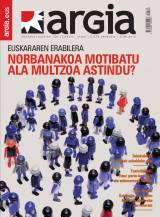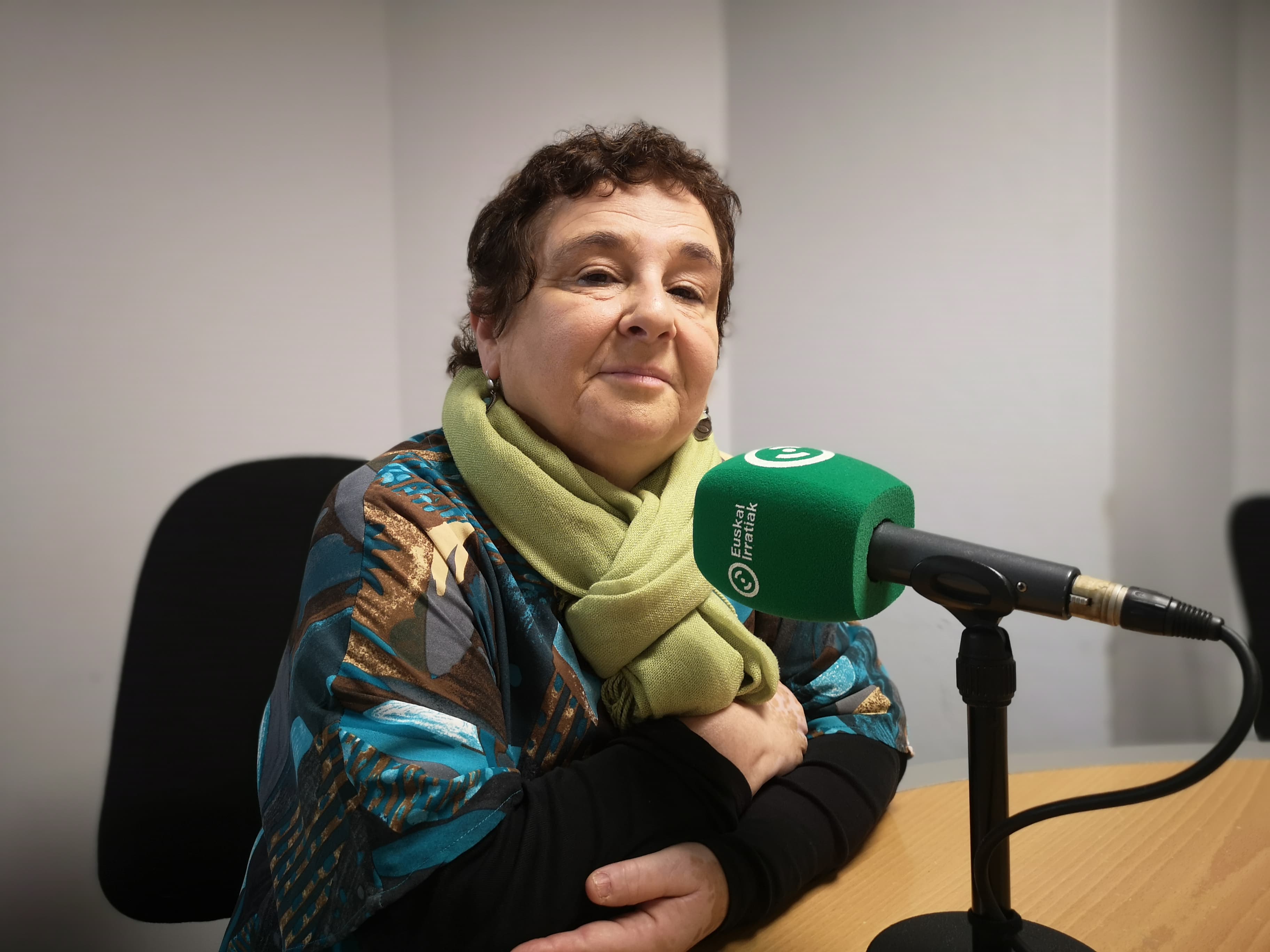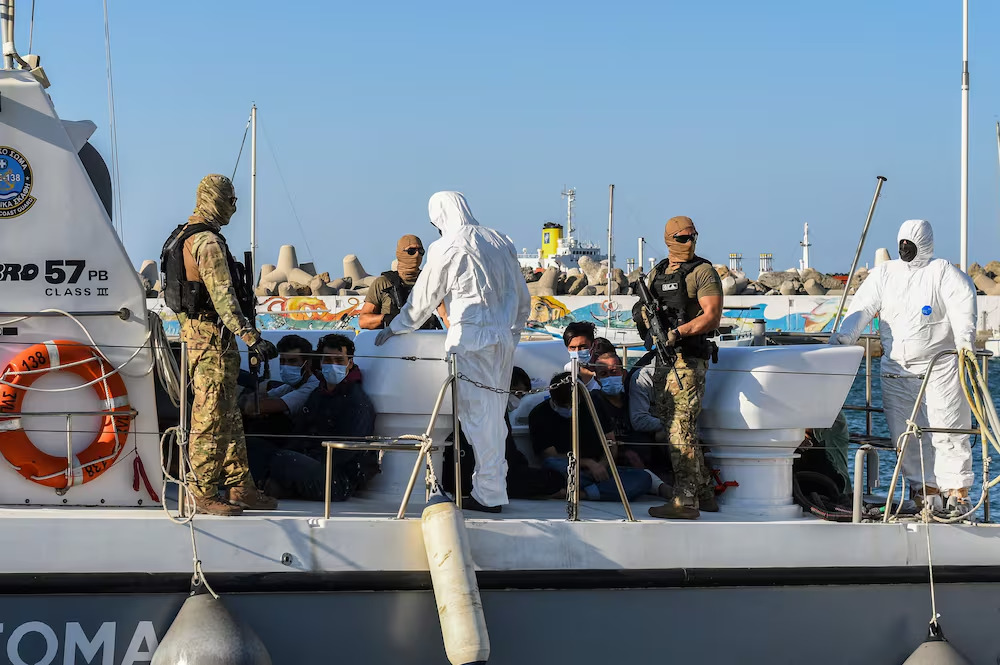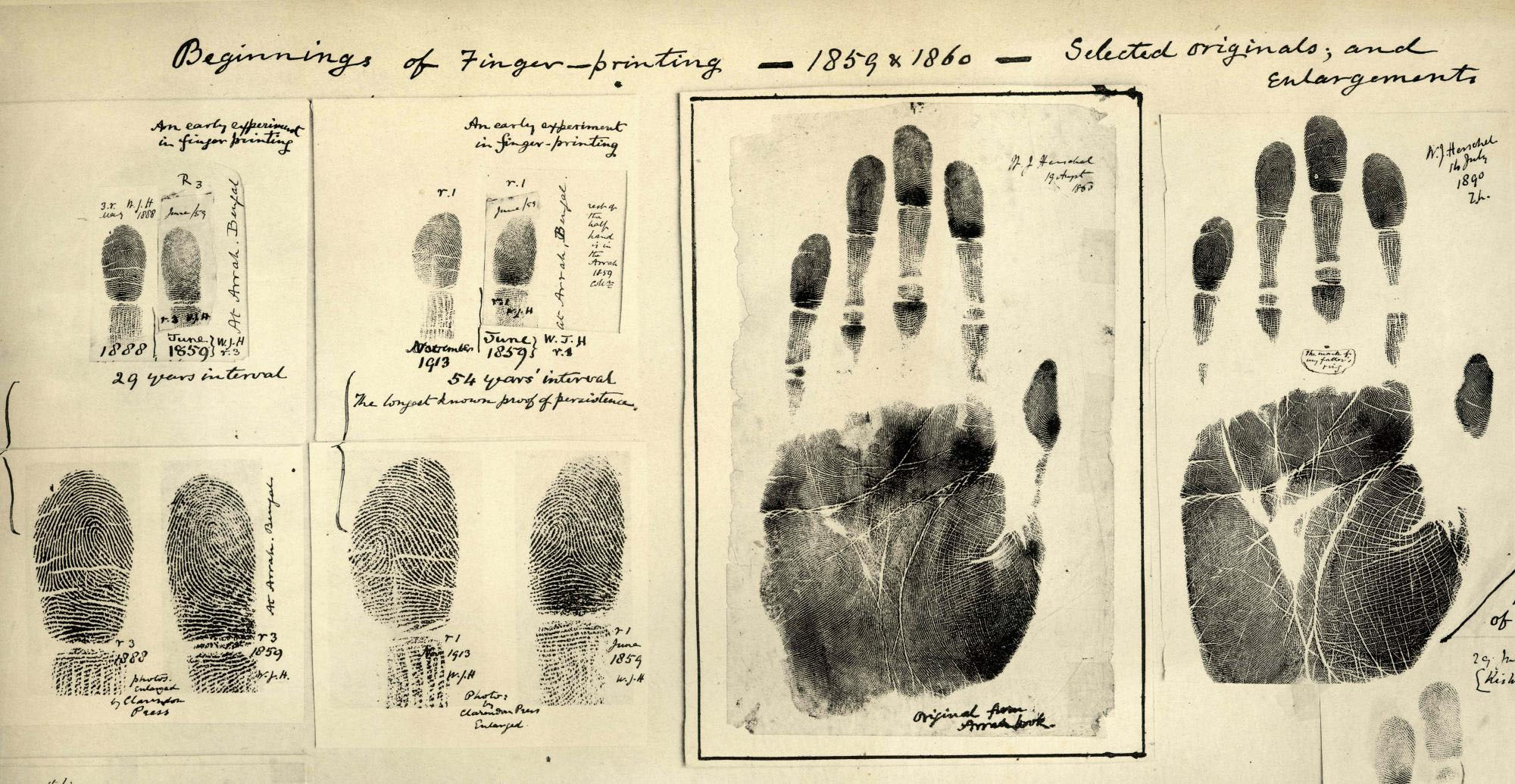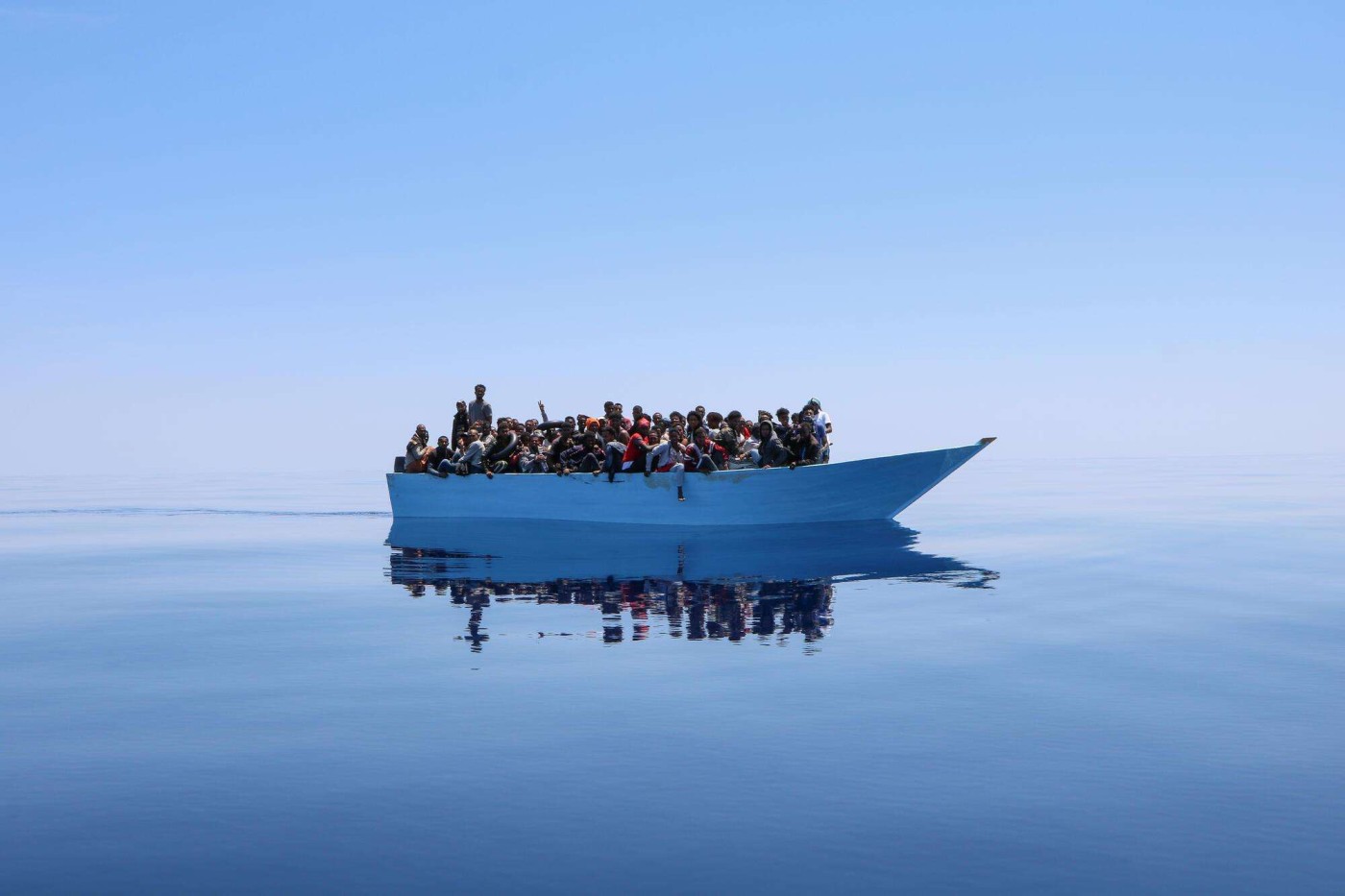What role has the West played in the refugee countries?
- Europe has been experiencing a serious refugee crisis in recent months. By air, but above all by land and by sea, there are many immigrants who are trying to reach Europe. However, it is often not known why they escape from their country. These countries live in very harsh conditions and the Western powers have to do with that situation.
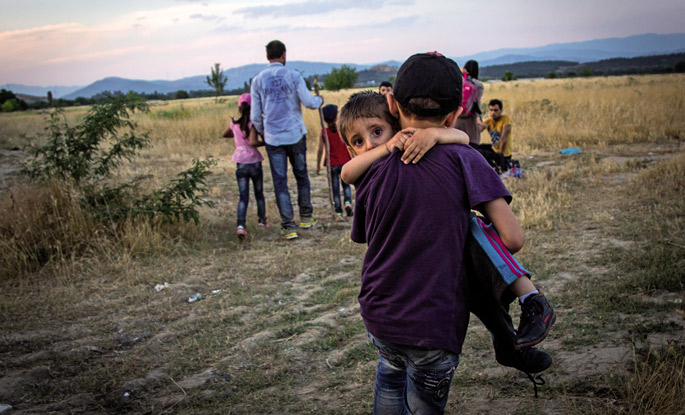
According to the Geneva Convention, “everyone who feels harassed by races, religions, nationalities, social groups or political opinions and is therefore outside their country”. But why are we talking 2. With the worst refugee crisis Europe has suffered since the World War? We will look at the situation of the Syrians, Libyans, Eritreans, Iraqis and Afghans who are most in demand for asylum, and we will look at the intervention of the West in those countries.
Syria is the country that receives the most refugees
Syria is the country of origin of the majority of immigrants arriving in Europe in those areas of conflict. In Syria, since the beginning of the war in 2011, 310,000 deaths have been recorded, including 100,000 civilians. As a result, almost 4 million people have had to leave the country, according to the British media. Although immigrants are thought to be people with scarce resources, in this case there are many middle-class people who have left their country.
In Syria there are over 250,000 people in a state of siege and there are thousands of people detained or disappeared, including Antonio Pampliega, a Berria collaborator.
According to some sources, it is becoming increasingly clear that behind the Islamic State is the European Union and the financing of the United States. In addition, several militias opposed to the Syrian President, Bassad al Assad, have received weapons and infrastructures, both from Turkey, a bridge over Europe and the Middle East, and from Saudi Arabia and Katar, among others.
According to recent data from Amnesty International, the following countries in the European Union stand behind the USA, China and Russia in the arms exports ranking: Germany, the United Kingdom, France and Spain, among others. In the case of the German country, the budget for arms exports doubled in 2014, from 757 million dollars in 2013 to 1.5 billion dollars.
Libya, torn apart by NATO intervention
Libya is the last port for those who want to reach Europe and the meeting point for those who come from most African countries. In some cases, after a journey of more than two years before reaching Libya, immigrants face very harsh situations: imprisonment – some die there – and kidnappings of mafias, especially of black skin. In 2011, France and the United Kingdom promoted NATO intervention and since Gaddafi, the president of Libya, was murdered, the country has not raised its head: The Takfiri groups attached to the Islamic State have gained a great deal of strength in Libya, as have the smugglers of people engaged in trade with immigrants in Libya. These events have placed the country in a state of permanent chaos and, at any time, could justify a new military intervention by NATO.
Libya is one of the countries with the most oil reserves in the world, with 3.5% of the world's oil, twice as much as the United States. In addition, it also has gas. That is why the country has major geopolitical interests, such as Greestream gas, which links Libya and Italy, and which is manufactured by the end of the year. It's the gateway to Central Africa. It borders on the countries of Chad and Niger, affected by France, which have oil and uranium, making it very attractive.
At the time of Gaddafi, prior to NATO intervention, Libya was called “African Switzerland”. Livia had the highest Human Development Index in Africa: According to the World Health Organization, all citizens, including refugees, had free access to health care. In addition, education was free and had the highest literacy rate of África.En the present
has half a million internal refugees and is one of the most dangerous countries on the African continent.
Eritrea: many refugees, little information
Eritrea, which was a colony of Italy, achieved independence in 1993. It is one of the most isolated peoples in Africa. In any case, the southern part of the country owns the Babel Mandeba Strait, a strategic connection linking the Indian Ocean with the Mediterranean through the Red Sea and the Suez Canal.
Behind the Syrians, the Eritreans make the largest number of asylum applications in Europe. There is very little information about the country and the media have different views: A recent BBC report mentions Eritrea's scant freedoms: military service is extended for many years and illegal prisons exist.
On the contrary, HispanTV offers a different vision: After the war against Ethiopia, between 1998 and 2000, the country was destroyed. The economy is growing a great deal, but despite this they are being affected by the UN sanctions, which has caused them many difficulties. According to the documents that Wikileaks published in 2009, the United States accepted an executive order against Eritrea, calling on the country to increase its weight.
The United States war in Iraq has no end
The 2003 U.S. war on Iraq left half a million dead and a cost of 1.7 trillion trillion euros, according to the report of the Watson Institute of International Studies. U.S. President Barack Obama has announced the end of military operations in 2010, but follows the same policy of invasion n.El of the Islamic State budget for 2015 amounts to $2.250 million, compared to $2.250 million. But how is the group funded?
According to some experts, the Islamic State controls several oil wells in northern Iraq, where it earns about three million dollars a day. Turkey appears to be working on the transfer of oil to Europe, and the Iraqi ambassador to the European Union said that some EU countries buy oil from the Islamic State. On the other hand, the Islamic State possesses the weapons that have been given by the countries of the European Union that participated in the war in Iraq.
According to the International Organization for Migration (IOM), the first Islamic State offensive in Iraq in June 2014 caused three million people to flee. Some forecasts indicate that this figure will reach ten million people, one third of the country's population. In August alone, 1,325 people have died and 1,800 have been injured in the armed conflict in Iraq.
Torture is systematic according to the report of the Geneva International Centre for Justice (GICJ) in Iraq, which has issued a police report. This practice is not only exercised by public forces, but also by groups that carry out arrests and kidnappings.
Geoeconomic value of Afghanistan
The United States wants to maintain the geopolitical relationship with Afghanistan. It is a country of great strategic and military importance. Afghanistan has minerals worth one trillion dollars. Despite the fact that American troops leave the country, in Afghanistan 90% of GDP comes from external financing, most of them from the United States.
20 per cent of the country lives in extreme poverty and 40 per cent are unemployed. The Taliban, which continue to control much of Afghanistan, are being arbitrarily arrested and are posing an imminent threat. Amnesty International has denounced violations of freedom of expression and the death sentences handed down in unwarranted trials.
"Segurtasun gehiago, inmigrazio gutxiago". Bruno Retailleau barne ministro frantsesa argi mintzatu da, kargua hartu berritan. Etorkinen gaineko kontrola azkartu nahi du Michel Barnier lehen ministro eskuindar-kontserbadorearen gobernuak, eta jada Retailleauk aitzinatu... [+]
Europar Batasunean berriki onartu den Migrazio Itunak, asko zaildu dizkie gauzak euren herrialdetik ihesi doazen eta asiloa eskatzen duten pertsonei. Eskuin muturraren tesiak ogi tartean irentsita, migratzaileentzako kontrol neurri zorrotzagoak onartu dituzte Estrasburgon,... [+]
Migratzaileen kopurua anitz emendatu da Irun eta Hendaia arteko pasabidean. Irungo Harrera Sareak ohartarazi duenez, otsailean 600 pertsona lagundu dituzte, iaz, urte osoan 2.700 izan zirelarik. Iragan urtarrilean, 2.700 etorkin heldu dira Kanariar Uharteetara, egunero 80... [+]









